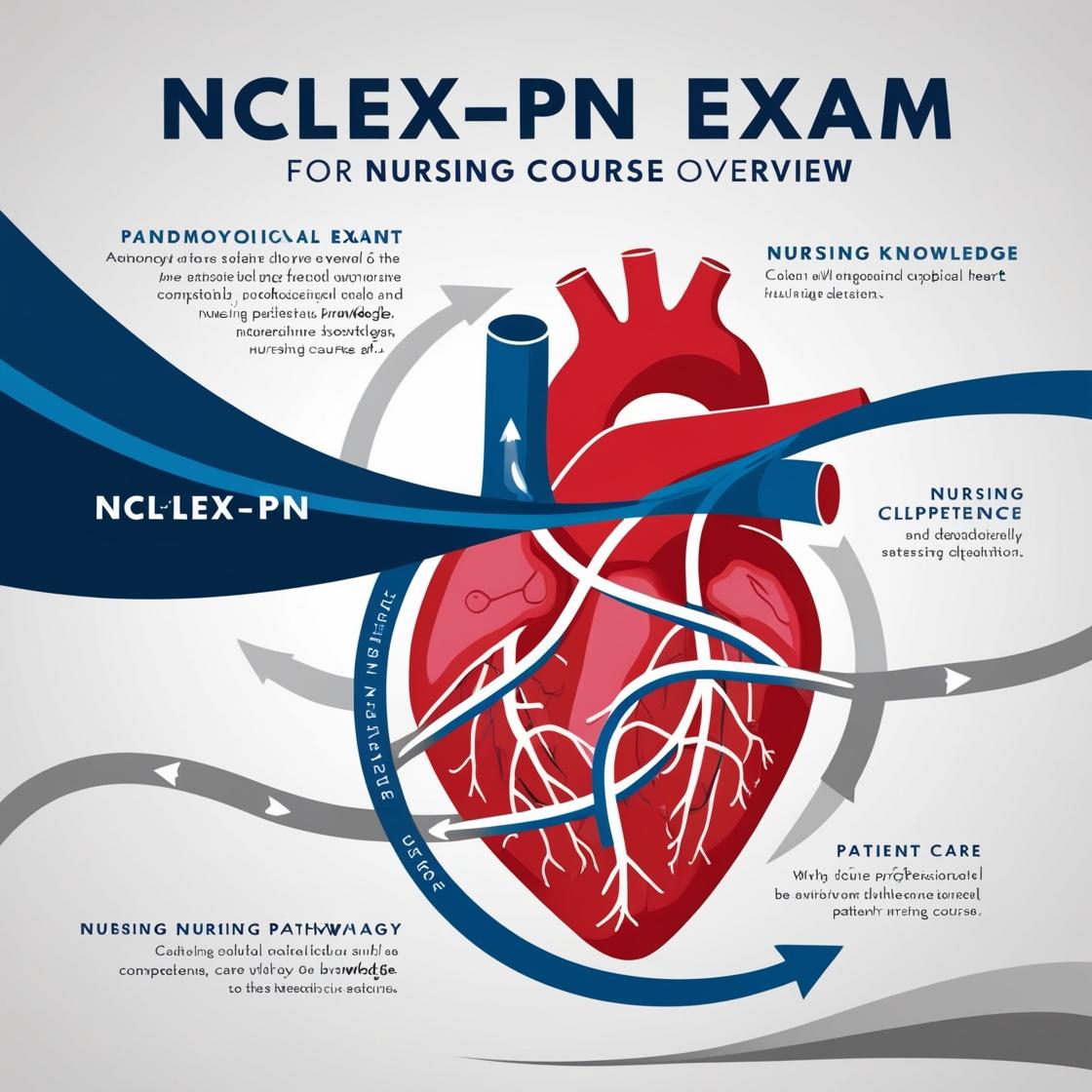NCLEX-PN
Nclex 2024 Questions
1. During discharge teaching for a client with diverticulitis on a low-roughage diet, which food should be eliminated from the diet?
- A. Roasted chicken
- B. Noodles
- C. Cooked broccoli
- D. Custard
Correct answer: C
Rationale: The client with diverticulitis needs to avoid gas-forming foods that can increase abdominal discomfort. Cooked broccoli is a high-fiber food that can worsen symptoms. Roasted chicken, noodles, and custard are suitable choices for a low-roughage diet as they are less likely to cause gas formation or abdominal discomfort.
2. An infant weighs 7 pounds at birth. What is the expected weight by 1 year of age?
- A. 10 pounds
- B. 12 pounds
- C. 18 pounds
- D. 21 pounds
Correct answer: D
Rationale: A birth weight of 7 pounds typically triples by the age of 1 year, resulting in an expected weight of 21 pounds. This significant weight gain is a normal growth pattern for infants as they usually experience rapid growth in the first year of life. Choices A, B, and C are incorrect because they do not account for the usual growth rate of an infant in the first year. Infants commonly triple their birth weight by the age of 1, making 21 pounds the expected weight.
3. After talking to the nurse, the charge nurse should:
- A. Report the incident to the Board of Nursing
- B. File a formal reprimand
- C. Terminate the nurse
- D. Charge the nurse with a tort
Correct answer: B
Rationale: The appropriate action after discussing the problem with the nurse is to document the incident and file a formal reprimand. Reporting to the Board of Nursing may be necessary if the behavior persists or harm occurs to the client, but it is not the initial step. Termination should be considered if the issue continues despite warnings. Charging the nurse with a tort is not a suitable course of action in this situation as a tort refers to a wrongful act against a client or their belongings, not an appropriate disciplinary measure. Therefore, choices A, C, and D are incorrect.
4. Which of the following roommates would be best for the client newly admitted with gastric resection?
- A. A client with Crohn's disease
- B. A client with pneumonia
- C. A client with gastritis
- D. A client with phlebitis
Correct answer: D
Rationale: The most suitable roommate for the client newly admitted with gastric resection is the client with phlebitis. Phlebitis is an inflammation of the blood vessel and is not infectious, making it a safer option for the surgical client. Crohn's disease clients (choice A) have frequent stools that might spread infections to the surgical client, posing a risk. A client with pneumonia (choice B) is coughing, which can disturb the gastric client's recovery. Additionally, a client with gastritis (choice C) who is vomiting and experiencing diarrhea would also not be an ideal roommate for a client recovering from gastric resection.
5. When assessing a client in crisis, what should the nurse prioritize?
- A. Allowing the client to work through independent problem-solving.
- B. Completing an in-depth evaluation of stressors and responses to the situation.
- C. Focusing on immediate stress reduction.
- D. Recommending ongoing therapy.
Correct answer: C
Rationale: When a client is in crisis, the nurse's priority is to focus on immediate stress reduction. Crisis intervention aims to stabilize the client in the present moment by addressing the most pressing issues. Allowing the client to work through independent problem-solving (Choice A) may not be appropriate during a crisis as they might need immediate support. Completing an in-depth evaluation of stressors (Choice B) is important but not the immediate priority during a crisis. Recommending ongoing therapy (Choice D) may be considered later, but the immediate focus should be on reducing the client's stress and stabilizing the situation.
Similar Questions

Access More Features
NCLEX PN Basic
$69.99/ 30 days
- 5,000 Questions with answers
- Comprehensive NCLEX coverage
- 30 days access @ $69.99
NCLEX PN Premium
$149.99/ 90 days
- 5,000 Questions with answers
- Comprehensive NCLEX coverage
- 30 days access @ $149.99
